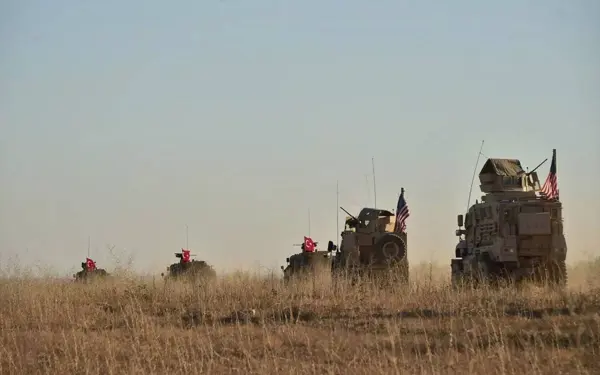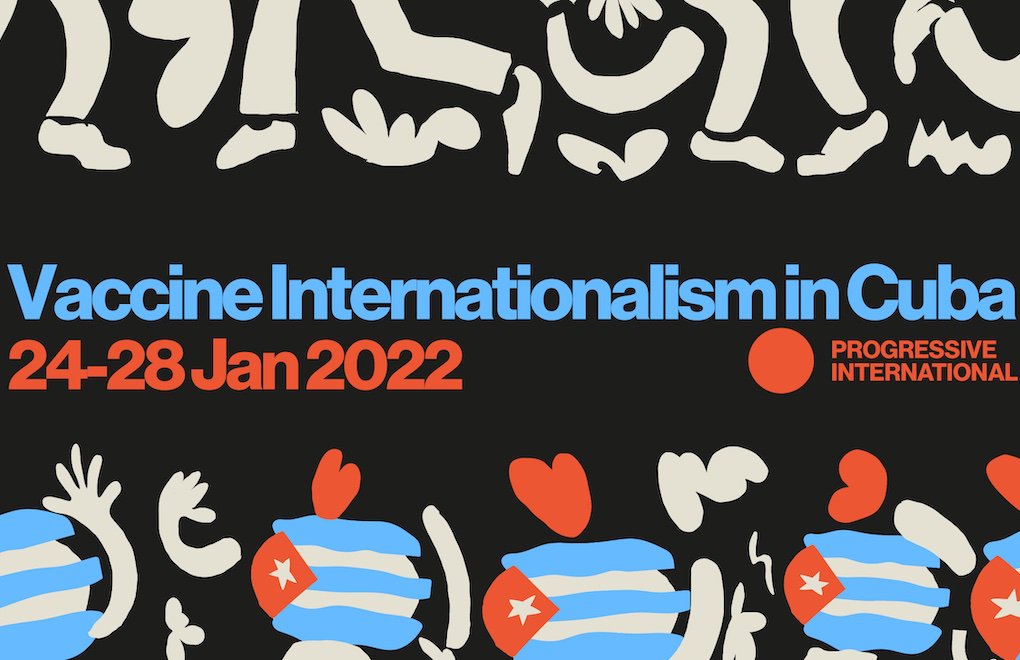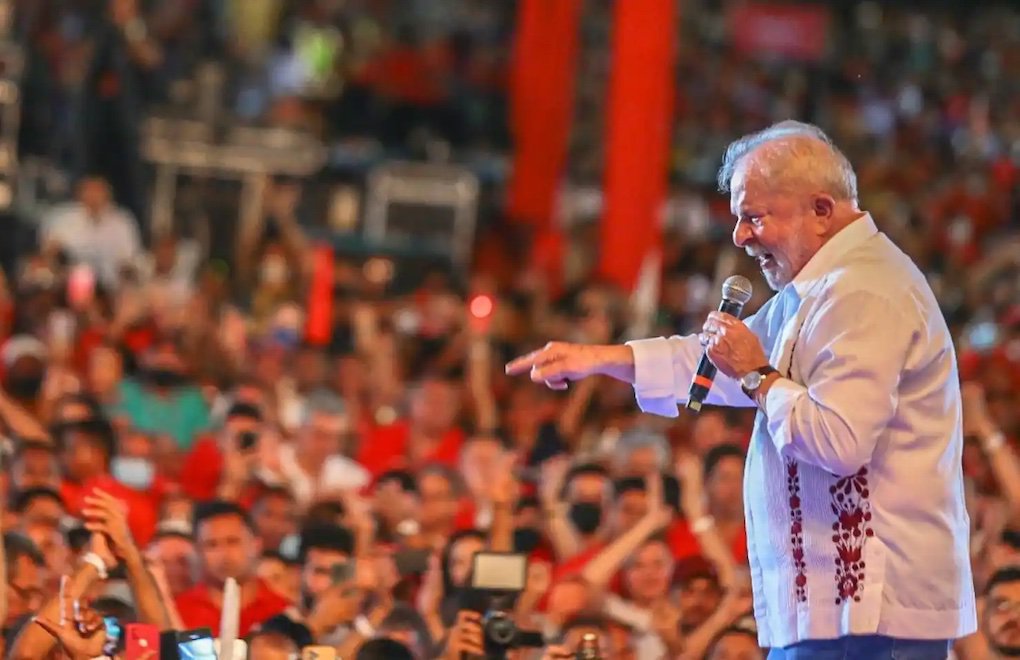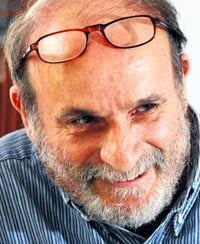Old Faces Spark Fresh Hopes Out of Impasse
Albeit defying the uprising within his DSP ranks led by former Foreign Minister Ismail Cem and challenging his opponents with remaining in power until 2004 Ecevit had to bow when the defectors from his party totaled 59 by Tuesday.
Three more DSP deputies have resigned on Wednesday thus leaving the ruling coalition government three votes behind the absolute majority of 276 votes in the 550 member Turkish parliament.
Having stood a month long media pressure to leave office for his ailing health Ecevit has in the past week received the last blow from his closest aides, former State Minister and deputy prime minister Husamettin Ozkan and the brilliant former Foreign Minister Ismail Cem. Charging the government with "retarding Turkey's accession in European Union membership' the two resigned from Ecevit's DSP ranks and called for the "formation of a new Social Democratic Party to carry the country to its future role as a EU member." The initiative is publicly dubbed as "the new formation"
Having already drawn 61 former deputies, including 7 former cabinet ministers, out of the DSP, Cem and Ozkan have also joined forces with Kemal Dervis.
Minister of State responsible for economy, Dervis occupies a key position in implementing the IMF backed recovery program and has gained greater power and influence than any other minister or coalition leader in the cabinet.
Economic analyst professor Turkel Minibas of Istanbul University is of the opinion that "the new formation" is heading for "the completion of the economic program implemented under IMF supervision".
"A new Turkey, who will not be a trouble maker for the world capitalist system is now being designed," she told.
Cem's group has sparked fresh expectations among the Turkish business community, liberal intellectuals and trade union leaders who believe that the only way out of Turkey's present woes is accession to European Union membership and thus regrouping the country within a rising international conglomeration in a globalized international make up.
Albeit the three have occupied responsible posts in the coalition and particularly Ozkan has acted as Ecevit's favorite until the day of his resignation, Turkish media raises little public criticism for the past record of the "troika".
The conflict and the eventual split in Ecevit's party arises mainly out of the impasse in reforming Turkish laws to meet the "Copenhagen Criteria due to staunch resistance from the extreme-right coalition partner MHP (Nationalist Action Party).
Reforming their political and economic structure in accordance with EU's "Copenhagen Criteria" -democracy, human rights and a functioning market economy- are the major preconditions for any candidate country to start negotiations for full membership.
Having gained "candidate member" status at the 1999 Helsinki EU summit, Turkey expects to receive a "schedule" in the forthcoming December Copenhagen Summit to start negotiations for accession. However, it is highly unlikely that Turkish parliament will pass the laws until December to abolish capital punishment and grant freedom for education and TV broadcast in the Kurdish language given the MHP's staunch resistance against these reforms.
"It is a known secret that the 'new formation' has gained the consent of Washington", European Union specialist Dr. Cengiz Aktar, of Istanbul's Galatasaray University, told. "But this is a must for all who deal with politics in Turkey."
"The major issue in the forthcoming elections will be Turkey's EU membership," Aktar believes or "Turkey heads towards a blind alley."
Dr. Aktar is of the opinion that "once excluded from the European Union, Turkey risks ending up in isolation and becoming a pawn of US regional schemes."
Turkey's business community, trade union leaders, liberal intellectuals and the media are extremely worried that Ankara might remain out of EU's enlargement policies unless a new parliament and a government with strong EU vision is not formed before December.
These groups for having ended the impasse and provided a new alternative out of the already fractured and stagnant Turkish political structure particularly praise Cem and the "troika".
Political analyst Yurdaer Erkoca from Istanbul also points to the fact that Turkey's influential armed forces have chosen to remain silent before Cem's initiative. This is a sign of passive consent of the army Erkoca believes.
"That is the US, the EU, the army and IMF converge on the 'new formation' as an alternative to the present government," he said.
"However what is significant in this 'new formation' is that it will be following a neo-liberal economic policy under the banner of 'left'," he analyzes. "Including left, who has been excluded from power during the last three decades, in the new political balances might bring out a stronger political stability, the establishment is convinced."
Depicted by the media as an ailing and disabled old man, incapable of leading the country and faced with dire political prospects, Bulent Ecevit, has miraculously came out of his sick bed. However political future for Turkish politics old man is bleak,and it is unlikely that Ecevit's bleeding DSP will survive the elections,
Nevertheless it is also unlikely that the government would resign, as there appears yet any alternative from among the opposition ranks to replace the present coalition with a tight and difficult agenda ahead. And the government might remain at office even longer.
Judge Turhan Algan, Higher Election Council chair, in a Wednesday press conference publicly stated that according to Turkish law general elections cannot be held on 3 Dec. should the parliament meet on 1 Sep. "There must pass least 90 days between the parliament decision and the actual voting," he warns.
Already fighting against the worst financial crisis of its history under a IMF backed recovery program, Turkish government faces another major challenge what would have irreversible consequences in the shaping of the country's future.
Turkey's eastern borders are already shadowed with the United State's prospective war against Iraq, as Paul Wolfwitz US Undersecretary of Defense quests for Turkish support in the impending US operation during Tuesday and Wednesday talks with Bulent Ecevit.
Albeit Wolfowitz in a Wednesday public statement refused that the US government has preconceived plans for Turkish involvement in a prospective US attack against Iraq, analysts here are of the opinion that Turkish military cooperation was high on the agenda during Ecevit-Wolfowitz talks.
Known for his staunch opposition against Turkish involvement in war against his southeastern neighbor, Bulent Ecevit has however surprisingly half-opened the door to Washington's demands with certain reservations.
According to reports leaking from Ecevit-Wolfowitz meeting Turkish Prime minister pledges consideration of Turkish support should Washington meet four major Turkish concerns: Prevention of the emergence of a Kurdish state in Northern Iraq, compensation of Turkey's prospective losses from suspension of trade with Iraq, replacement of the Saddam regime with a democratic and broad-based popular one and, protection of the rights and security of Turkomans of Northern Iraq.
"I would not even dream of the future of a Turkey with the single role of a vanguard post of US's Iraq policies. This would end up with a totally isolated and authoritarian regime," Dr. Aktar believes. (EK/NM)
The long and hot summer ahead

'Shamelessness'

LEFT TIDE IN LATIN AMERICA-III
The new task: 'To contribute the reintegration process, to recover the lessons of the Cuban revolution'

LEFT TIDE IN LATIN AMERICA-II
An International to accompany the continental rise of the Left

LEFT TIDE IN LATIN AMERİCA-I
David Adler: "A new vision that is feminist, ecologist, and pluralist"






